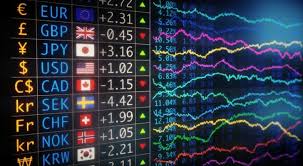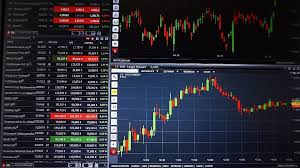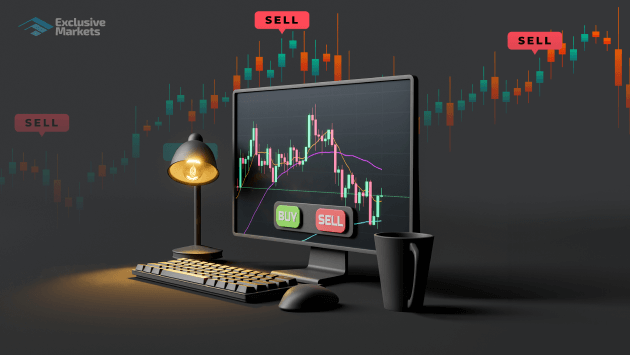
Forex trading, often referred to as foreign exchange trading or FX trading, is the process of buying and selling currencies in the global market. As one of the most traded markets in the world, with a daily turnover exceeding $6 trillion, it presents a myriad of opportunities for traders looking to profit from currency fluctuations. In this guide, we’ll explore key strategies, concepts, and risks associated with forex trading. Additionally, we will provide resources to help you get started, such as trading forex Trading Broker ID, which can assist you in selecting the right trading broker.
Understanding Forex Trading
Forex trading involves the exchange of one currency for another, with the aim of making a profit from the relationship between their values. Currencies are traded in pairs, where one currency is bought while the other is sold. For example, in the EUR/USD pair, if you believe the Euro will strengthen against the US Dollar, you would buy the pair. Conversely, if you think the Euro will weaken, you would sell the pair.
Key Terms in Forex Trading
To excel in forex trading, it is essential to understand several key terms:
- Currency Pair: The two currencies being traded, such as EUR/USD.
- Base Currency: The first currency in a pair, representing how much of the second currency you need to buy one unit of the first currency.
- Quote Currency: The second currency in a pair, which indicates its value relative to the base currency.
- Pip: The smallest price move that a given exchange rate can make based on market convention.
- Leverage: A tool that allows traders to control a larger position size with a smaller amount of capital.

Choosing a Forex Broker
Choosing the right forex broker is crucial for your trading success. Consider the following factors when selecting a broker:
- Regulation: Ensure that the broker is regulated by a reputable authority to protect your funds.
- Trading Platform: Look for a user-friendly platform that offers the technical tools you need for analysis.
- Spreads and Commissions: Compare the costs associated with trading, including spreads and commissions, to ensure you get the best deal.
- Customer Service: Reliable customer support is vital, especially for new traders who may need assistance.

Strategies for Successful Forex Trading
There are numerous strategies traders can employ when participating in forex trading. Here are a few popular ones:
1. Day Trading
Day trading involves opening and closing trades within the same day. This strategy is preferred by those looking to capitalize on short-term price movements. It requires a good understanding of market trends and a robust trading plan.
2. Swing Trading
Swing trading focuses on capturing gains in a currency pair over a period of several days to weeks. It involves holding positions long enough to benefit from price swings, making it less intensive than day trading.
3. Scalping
Scalping is a strategy that aims to profit from small price changes, often making dozens or hundreds of trades within a day. This technique requires a well-defined plan and quick decision-making skills.
4. Position Trading
Position trading is a long-term strategy that involves holding trades for weeks, months, or even years, based on fundamental analysis. It is best suited for investors who prefer a more hands-off approach.
Risk Management in Forex Trading
Forex trading carries inherent risks, and it is crucial to implement risk management strategies to protect your capital. Here are some key techniques:
- Setting Stop-Loss Orders: Use stop-loss orders to automatically close a trade at a predetermined level to limit losses.
- Position Sizing: Determine the appropriate amount to risk on each trade based on your account size and risk tolerance.
- Diversification: Avoid putting all your capital into a single trade or currency pair, which can help mitigate risk.
- Continuous Learning: Stay informed about market conditions and continuously update your knowledge to adapt your trading strategies.
The Importance of Trading Psychology
Trading psychology significantly impacts trading outcomes. Emotions such as greed, fear, and impatience can lead to poor decision-making. Developing a disciplined mindset and sticking to your trading plan, even in difficult times, is vital for long-term success.
Conclusion
Forex trading offers numerous opportunities for profit, but it also comes with risks that traders must navigate carefully. By understanding the market, employing effective strategies, managing risks, and maintaining a disciplined approach, traders can enhance their chances of success in the dynamic world of forex trading. Whether you’re a novice or an experienced trader, continuous learning and adapting to market changes are essential for thriving in the forex landscape.
